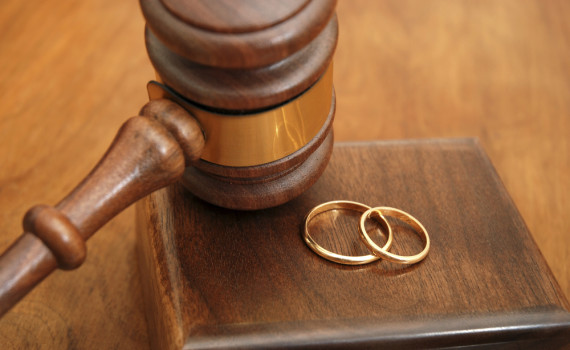Have problem finding a job because of your criminal background? Expungement may be your relief.
Category : Criminal Law
“Have you ever been charged with/convicted of a crime?” Your answer can be “No” even if you really have been charged with a crime.
Expungement is the process of wiping some criminal cases off your records. It removes the records from public inspection but some agencies including USCIS are still able to see them. That is why you should verify the immigration consequences before expunging criminal cases, if you are not a U.S. citizen.
In Maryland, you can ask Motor Vehicle Administration, Police, courts to expunge your records. Once you successfully finish the expungement process, normal background searches cannot find the case and the case is removed from the Maryland Public Case Search (casesearch.courts.state.md.us/casesearch//inquiry-index.jsp).
To find out if a your criminal case is expungeable or not, you need to take 3 factors into consideration: 1) type of dispositions (verdicts) that you received, 2) the date you received the dispositions, and 3) what you were charged with (in some cases).
If you are found Guilty, usually your case is NOT expungeable. However there are two exceptions: when the crime was a nuisance crime (like urination or defecation in a public place), and if the crime is no longer a crime (like possession of marijuana under 10 grams).
Probation Before Judgment (PBJ) is generally expungeable. However, a PBJ for a DUI/DWI is not expungeable. You can not also expunge a PBJ if you are subsequently convicted of a crime within 3 years of your PBJ disposition, and that new crime is not itself expungeable.
Stet, Nolle Prosequi and Not Guilty/ Acquittal dispositions are all expungeable. If your case was dismissed or transferred to Juvenile Court, you can expunge it.
A pending criminal case prevents you from filing ANY expungement petitions. You need to wait for the final result in your pending criminal case, before filing for expungement of your previous expungeable cases.
Finally, you need to keep an eye on the Unit Rule before filing any petition to expunge. According to the Unit Rule, when two or more charges arise from a same act, if one charge in a case cannot be expunged, then the case as a whole cannot be expunged.



